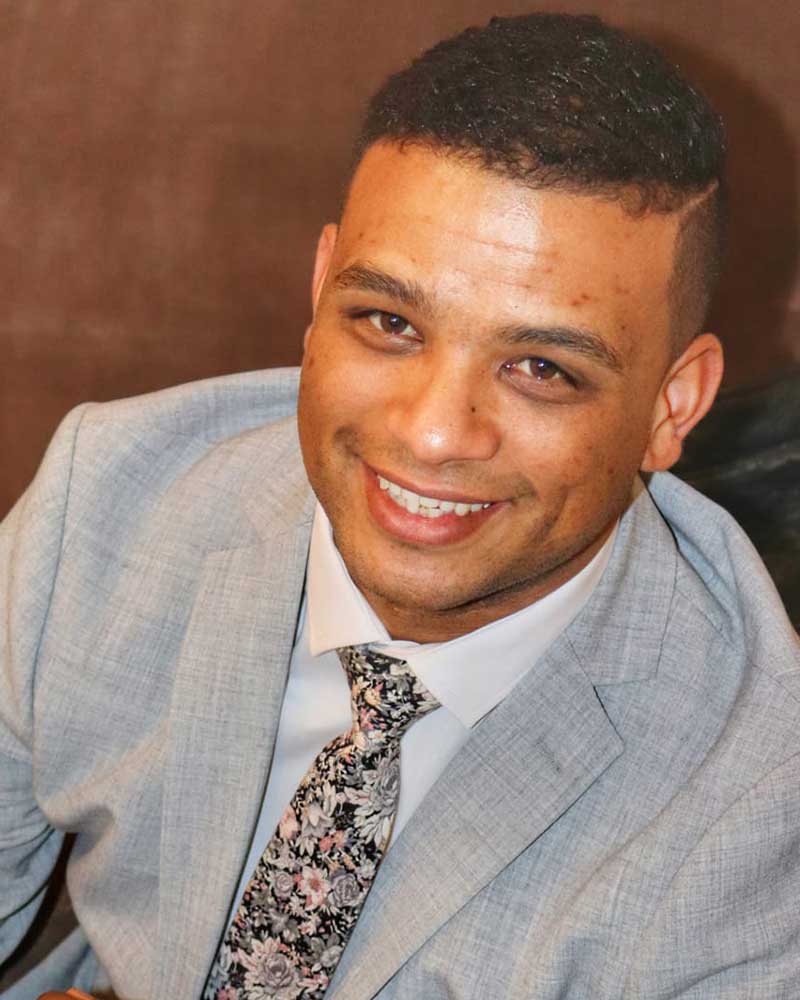
Quinton B. Apollis
- Quinton Apollis majored in Theology and Development (Practical Theology), and currently holds a Masters in Theology from Stellenbosch University (SU) as well as a PGdip in HIV/Aids Management and a higher certificate in music.
- He was previously employed at the Equality Unit (SU) and currently serves as Residential Education Curriculum Coordinator within Student Affairs (SU).
- He is also the founder and director of the You Are Loved Foundation.
- He has a keen interest in youth, student development, justice, transformation, community development and theological/religious education.
South Africa finds itself in a very difficult position as the country has been experiencing instability as a result of ongoing protests and increased civil violence. These are symptoms of a broken society, as well as a government that is unable to meet the needs of the entire population. Furthermore, the political unrest and inequality in the country exacerbates conflict, suspicion, and division along racial and ethnic lines despite being deemed a highly religious country. In a country where the majority of people profess to be Christian, their development praxis is bound to have a faith affiliation. Within the context of higher education(universities), staff and students at university are an integral part of community engagement projects and practices. This developmental work can, therefore, easily perpetuate capitalist ideals and replicate colonialism, if it fails to draw correlation between the importance of faith formation, religion as a values shaper and foreground the goal of decolonising minds and praxis as a core part of the transformation process. In a country that is predominantly Christian and where faith has also partly shaped/assisted the colonial project, it is imperative to explore on the other hand the role that faith can in the decolonisation of minds via the interrogation of religious perspectives and belief systems that are held and sustained over time. This research will, therefore, seek to explore the role of faith in decolonised university-based development praxis.